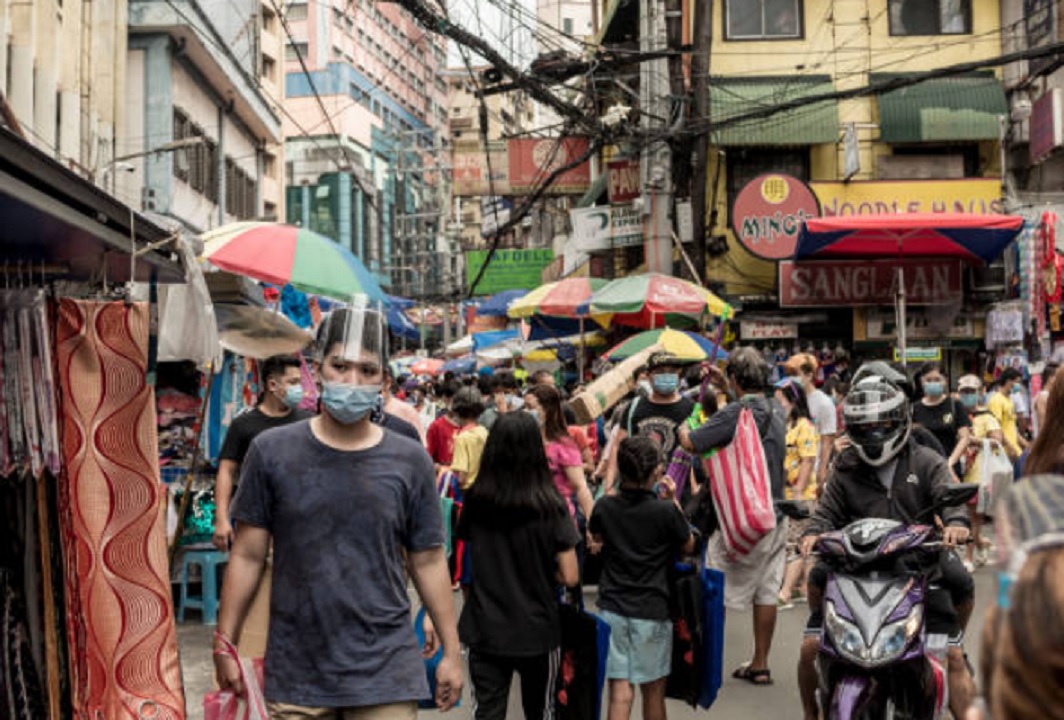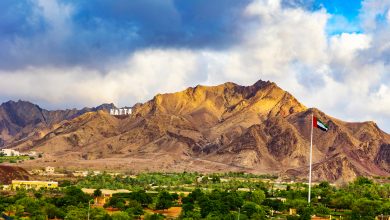Philippines President Rodrigo Duterte has ordered ‘recalibration’ of the country’s vaccine distribution strategy by urging priority supply to COVID-19 hotspots, which are witnessing a spike in the number of cases.
These areas fall in the modified enhanced community quarantine (MECQ) and outside the National Capital Region (NCR) Plus bubble, Cabinet Secretary and Inter-Agency Task Force for the Management of Emerging Infectious Diseases cochair Karlo Nograles told radio media on June 15.
RELATED STORY: Gordon urges IATF to ease quarantine norms to allow vaccinated OFWs to return to PH
The areas under MECQ till the month-end include: Santiago City in Isabela, Cagayan, Apayao, Ifugao, Lucena City in Quezon, Bataan, Puerto Princesa City in Palawan, Naga City in Camarines Sur, Iloilo City, Iloilo province, Negros Oriental, Zamboanga City, Zamboanga Sibugay, Zamboanga del Sur, Zamboanga del Norte, Cagayan de Oro City in Misamis Oriental, Davao City, Butuan City, Agusan del Sur, and Dinagat Islands.
To inoculate maximum people in the soonest possible time, the Philippines concentrated its limited supply of COVID-19 vaccines in the NCR, its six adjacent provinces, Metro Cebu, and Metro Davao.
Meanwhile, Presidential Spokesperson Harry Roque highlighted the reopening of indoor sports facilities, indoor tourist attractions and venues for meetings, conferences, and exhibitions in Metro Manila and Bulacan from June 16 with restrictions in place. Both areas had been placed under general community quarantine by President Duterte.
READ ON: Pfizer, AstraZeneca vaccines found effective against Delta strain
While gyms and fitness centers could reopen with 20-percent capacity, a 30-percent capacity was allowed for sports courts, venues for meetings, conferences and exhibitions. The 30-percent capacity also applies for indoor tourist attractions such as historical sites and museums. Roque added that the venue capacity of salons and parlors, and outdoor tourist attractions have been increased from 30 to 50 percent.
Churches and religious facilities have been allowed up to 30-percent capacity for wakes, weddings, baptisms and all other activities. Local governments have the discretion to increase this up to 50 percent.
Meanwhile, people aged 18 to 65 and fully-vaccinated seniors with proof are only being allowed to move outside their residence.




